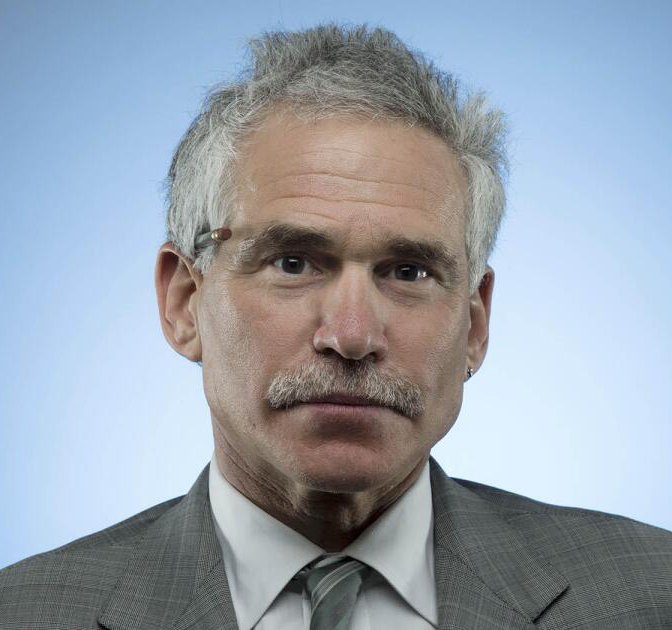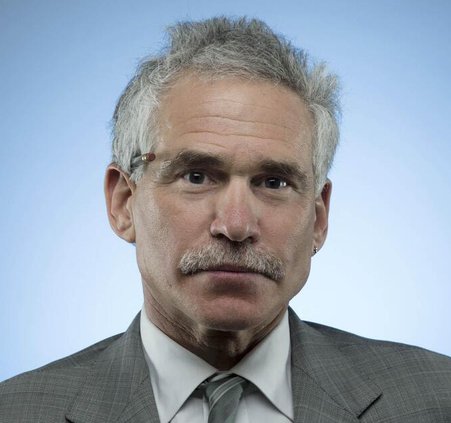The candidate for president was in difficult straits and so he made a promise that would change history.
If elected, he said, he would shatter more than 200 years of precedent and nominate a Black woman to the U.S. Supreme Court.
That was Joe Biden, his face pressed to the mat days ahead of the 2020 South Carolina primary. His announcement clinched a key endorsement that reversed Biden’s fortunes and swiftly helped make him the Democratic nominee.
The circumstances were similar in 1980, when Ronald Reagan pledged to name the court’s first female justice.
“It is time for a woman to sit among the highest jurists,” Reagan said, as he worked to close a gender gap in his run against President Jimmy Carter and change the subject from a foot-in-mouth comment the Republican made blaming trees for air pollution.
The vow to appoint “the most qualified woman I can possibly find” to the Supreme Court was motivated by one thing alone: political self-interest.
“It was not an ideological decision at all,” said Stu Spencer, Reagan’s chief strategist and architect of his campaign pledge. Nor, Spencer said, did the announcement stem from some heartfelt desire by Reagan to remedy a long-standing flaw in the country’s administration of justice.
It was, Spencer said, all about “seeking a solution to his deficit problem with women.”
Biden’s intention to fulfill his promise to name a Black female justice, which secured the blessing of South Carolina’s most powerful Democrat, Rep. James E. Clyburn, has caused howls on the right, from the editorial pages of The Wall Street Journal and the National Review to the consternation of the reliably reactive Diamond and Silk.
“This can really turn ... the Supreme Court upside down,” Lynnette “Diamond” Hardaway said on the Trumpaganda network OAN, because replacing one liberal justice with another liberal justice on the 6-3 conservative court will surely shift its balance. (Huh?)
Much of the grievance toward Biden stems from the notion that some eminently qualified white male may be passed over for the high court because of the race and gender criteria the president has set forth, though white men haven’t exactly been locked out of power in America these last 245 years. For those keeping tabs, four Black women have flown in space, which is four times the number who have sat on the Supreme Court.
There is also professed outrage that such raw political calculation — Biden’s desire to save his skin in South Carolina — would dictate his choice for a court that has approached its work in such transcendently nonpartisan fashion. (This is sarcasm, right?)
Biden “helped politicize the entire nomination process,” Republican Sen. Susan Collins of Maine tut-tutted on ABC’s “This Week.”
As if the three justices placed on the court by President Donald Trump arrived through a kind of miracle birth.
Collins and others seize on the fact that Reagan said ONE of his first picks would be a woman, suggesting that negates any comparison with the supposedly shameless Biden. The argument, of course, credits a remarkable prescience to Reagan, who evidently peered into the future and knew he would have the opportunity to make more than one selection. (As it turned out, he named four justices in eight years in office.)
It also ignores the raw political nature of Reagan’s pledge.
Spencer, who was with Reagan from the start of his electoral career in the mid-1960s, noted he had fared well among female voters as a candidate for California governor. But that support dwindled by the time Reagan was waging his third bid for president, in part because of his opposition to abortion rights and the proposed Equal Rights Amendment.
Critics also noted that Reagan had failed to appoint any women to his Cabinet while serving as governor and all three of his nominees for the state Supreme Court were men.
Losing the women’s vote in a landslide, and with it Reagan’s shot at the White House, was a genuine concern among Republicans. One proposed remedy was pledging to put a female justice on the nation’s highest court.
At a meeting with GOP women who backed the Equal Rights Amendment, Massachusetts Rep. Margaret Heckler broached the subject with Reagan, who — Heckler said — appeared receptive. After turning the matter over in his head for months, Spencer brought the matter up at an October breakfast with the candidate. As he recalled the conversation, Spencer asked, “Do you have any problem appointing a woman to the Supreme Court?”
Reagan said, “Hell, no. Not if she’s qualified,” Spencer recalled.
And that was that. (While some in Reagan’s political brain trust resisted, Spencer had an important ally in Reagan’s wife, Nancy.)
The question then was how and when to announce Reagan’s groundbreaking intention.
Speaking to a group of coal and steel workers in Ohio in early October, the candidate had made an off-the-cuff remark downplaying the problem of air pollution and suggesting that trees were a major contributor. The statement played into Reagan’s gaffe-prone image and reverberated for days after.
The campaign was eager to change the subject and so Reagan announced his plans to name a female justice. The ploy worked. The pledge became a central part of Reagan’s closing argument in the campaign.
After his election, Reagan redeemed the promise by nominating Sandra Day O’Connor, a judge on the Arizona Court of Appeals, when Justice Potter Stewart retired.
It was a bold and transformational move. And it just goes to show that good things can sometimes result from cold political calculation.
Mark Z. Barabak is a columnist for the Los Angeles Times, focusing on politics in California and the West. Visit www.mctdirect.com.




